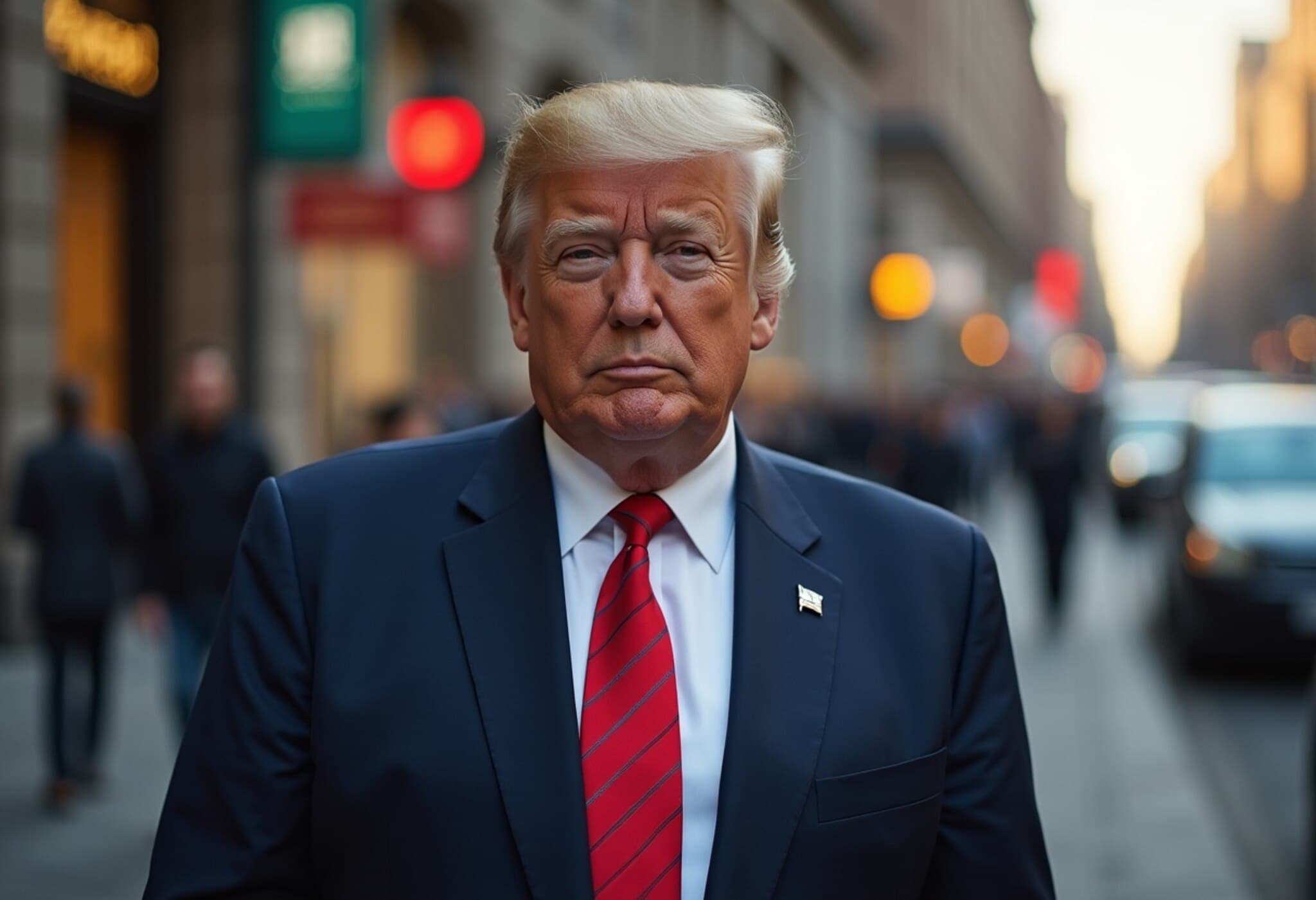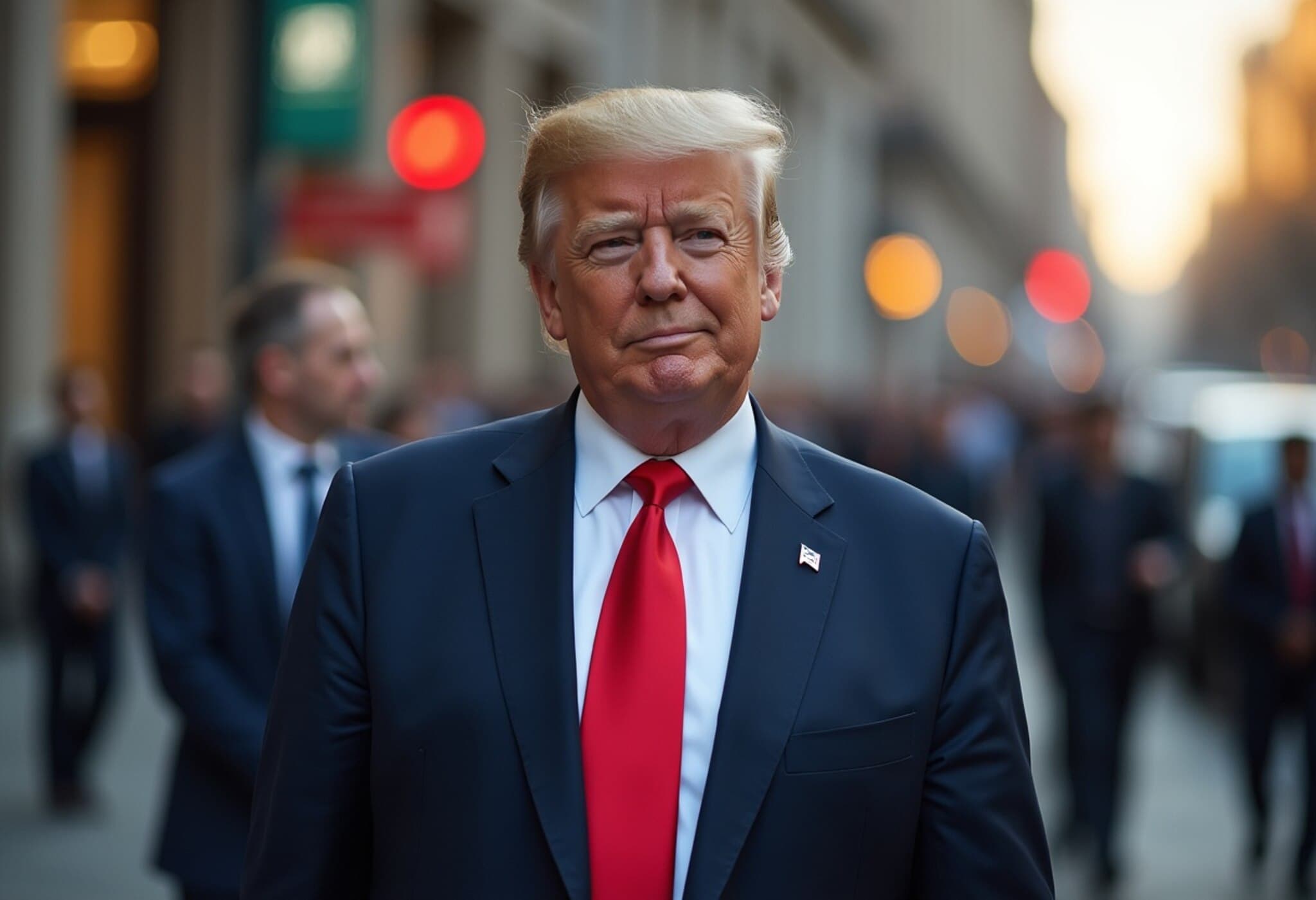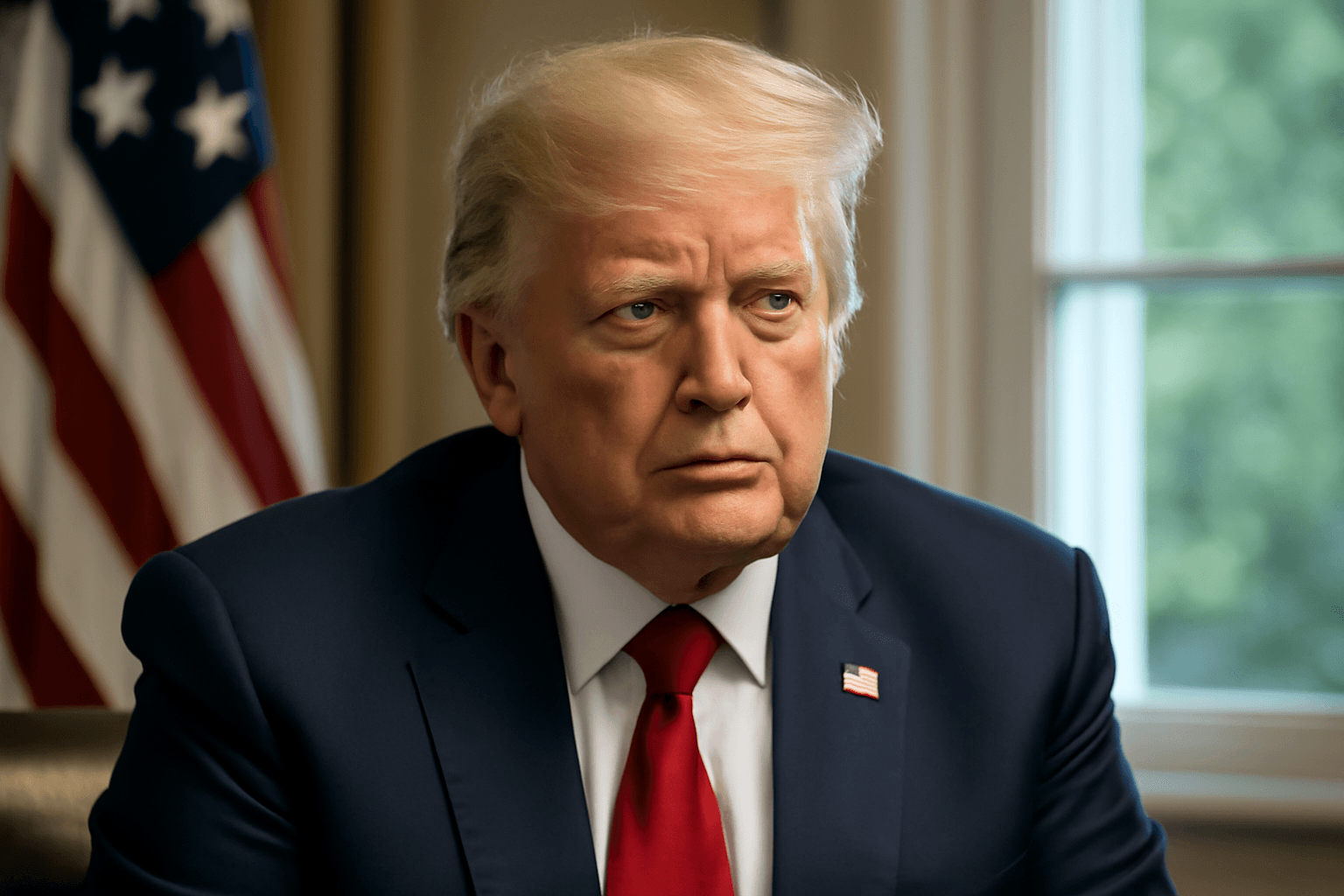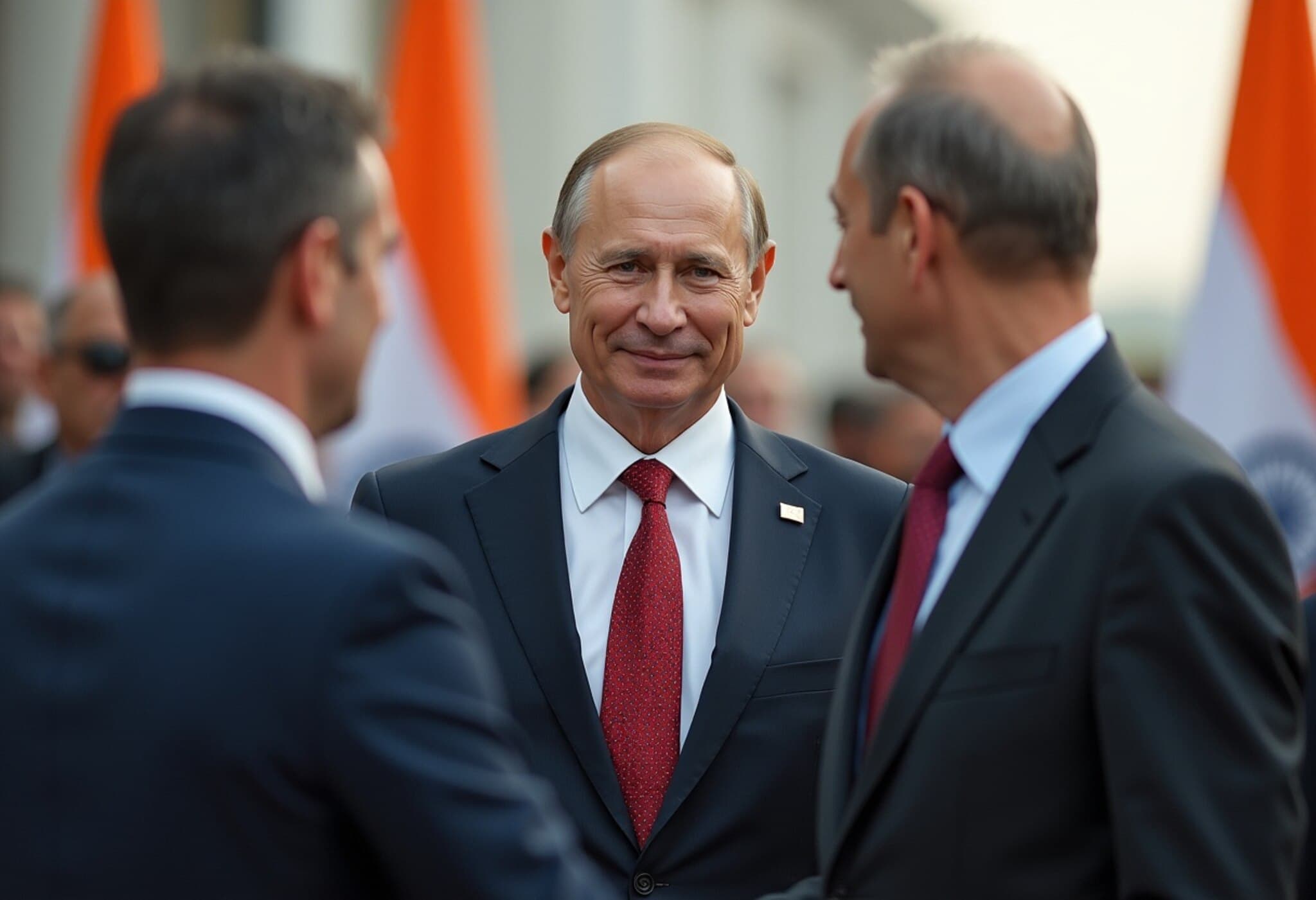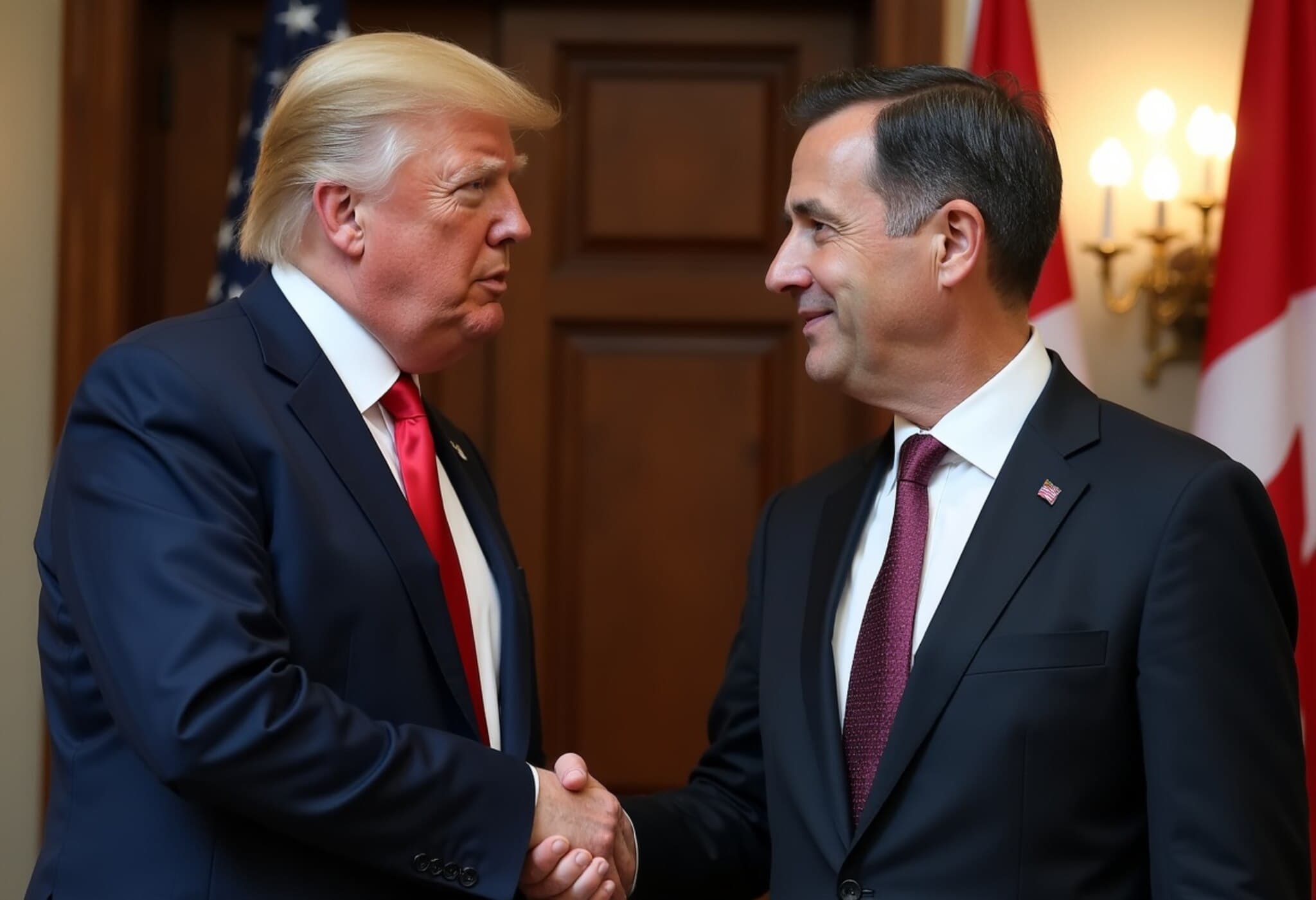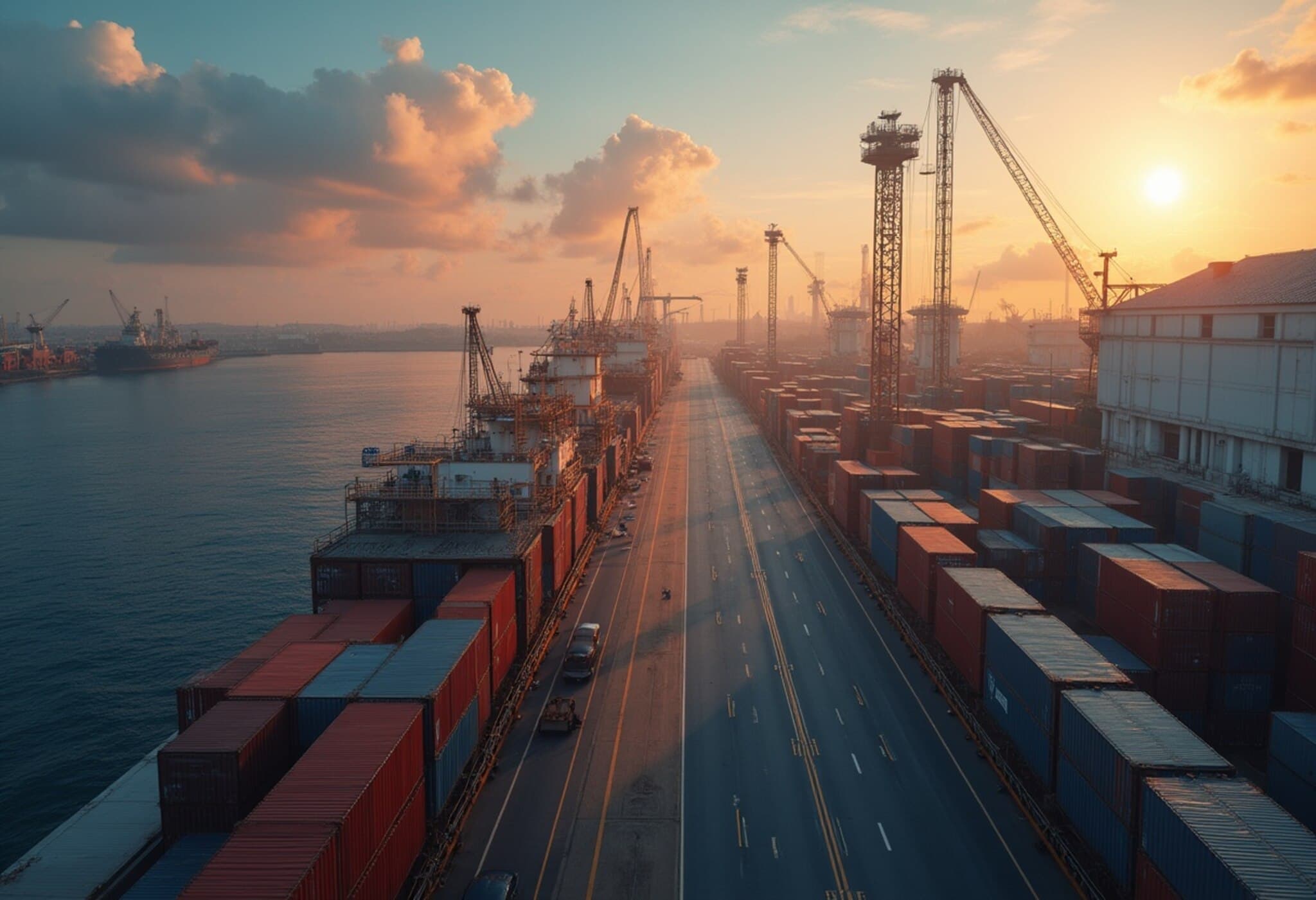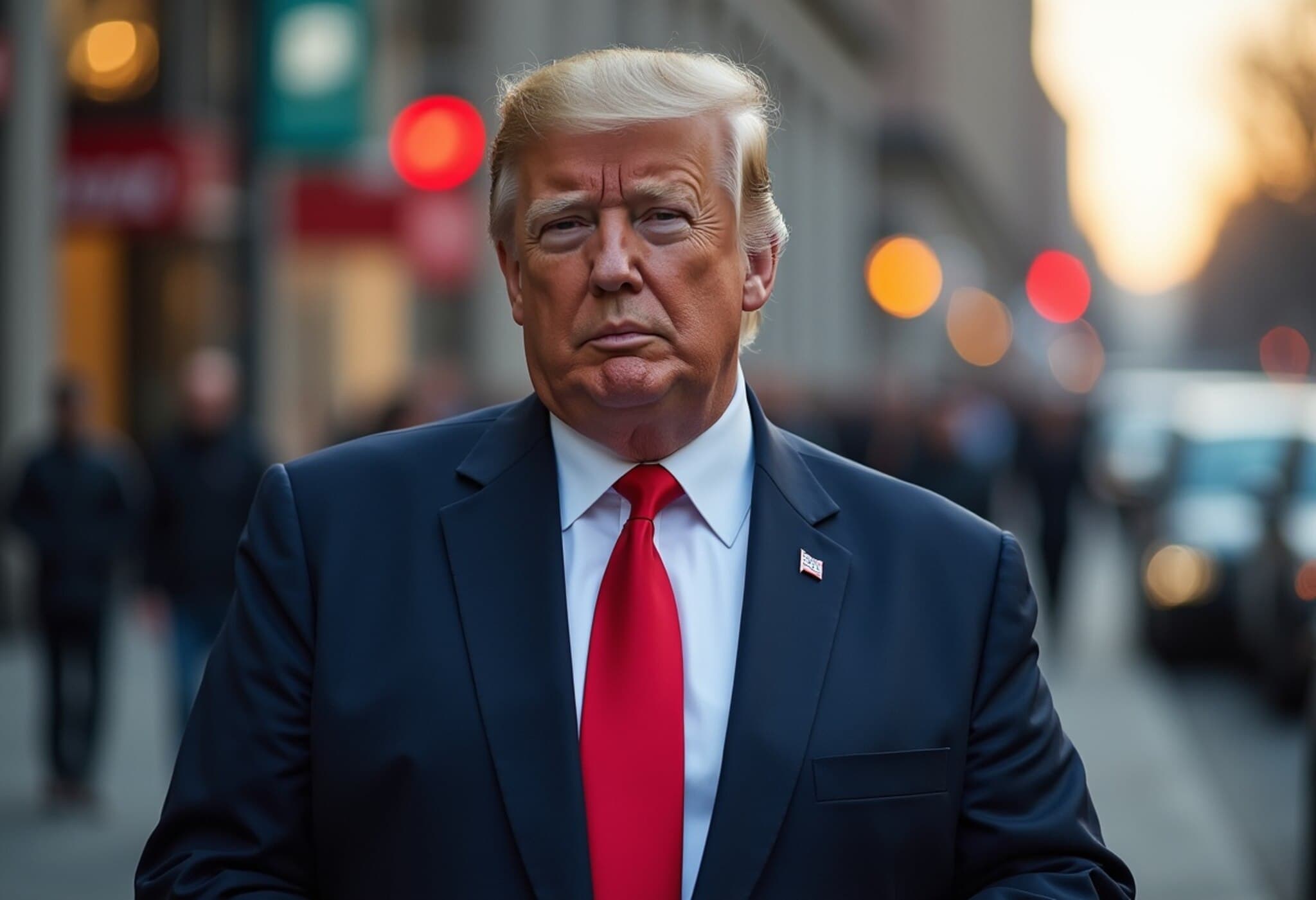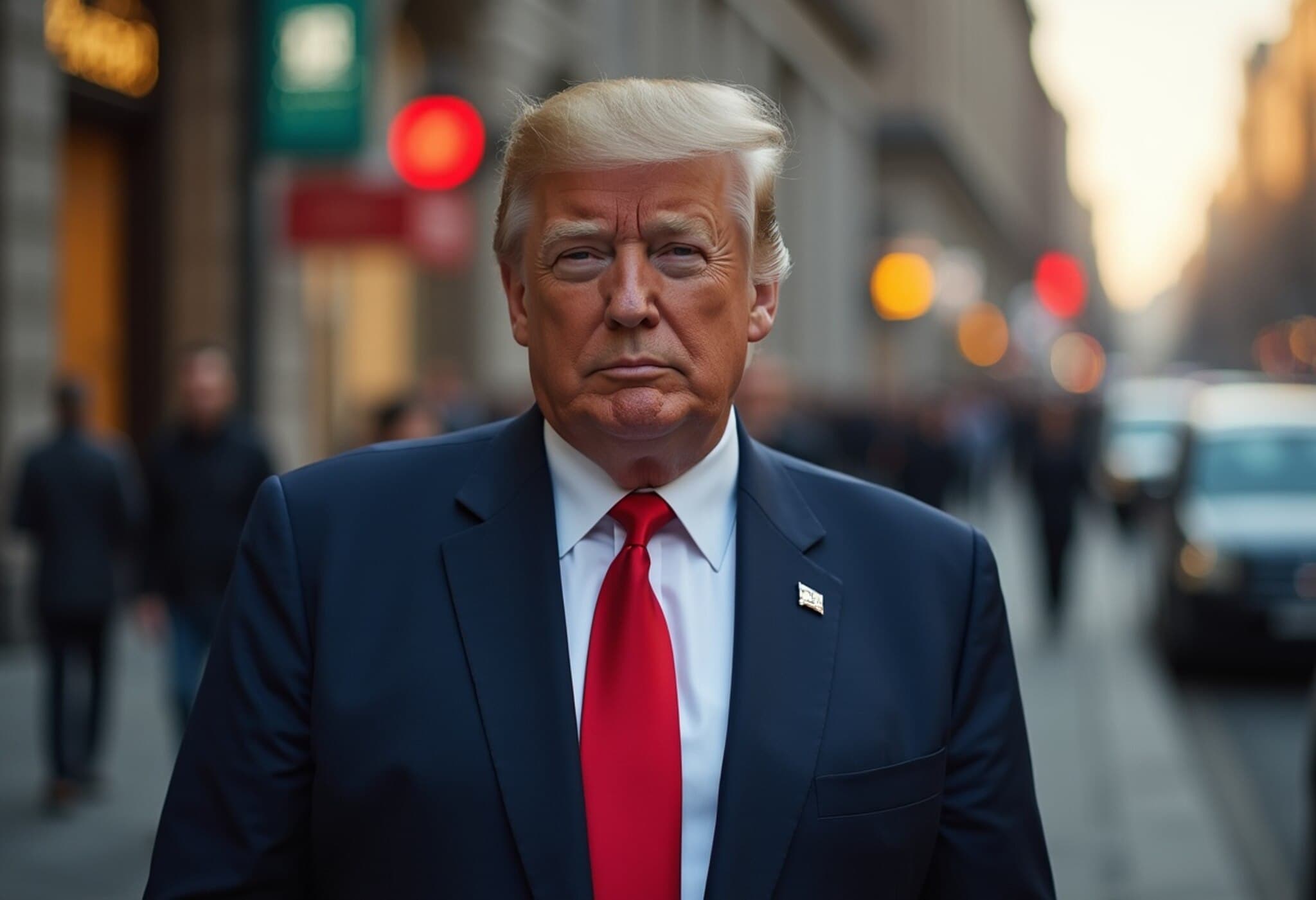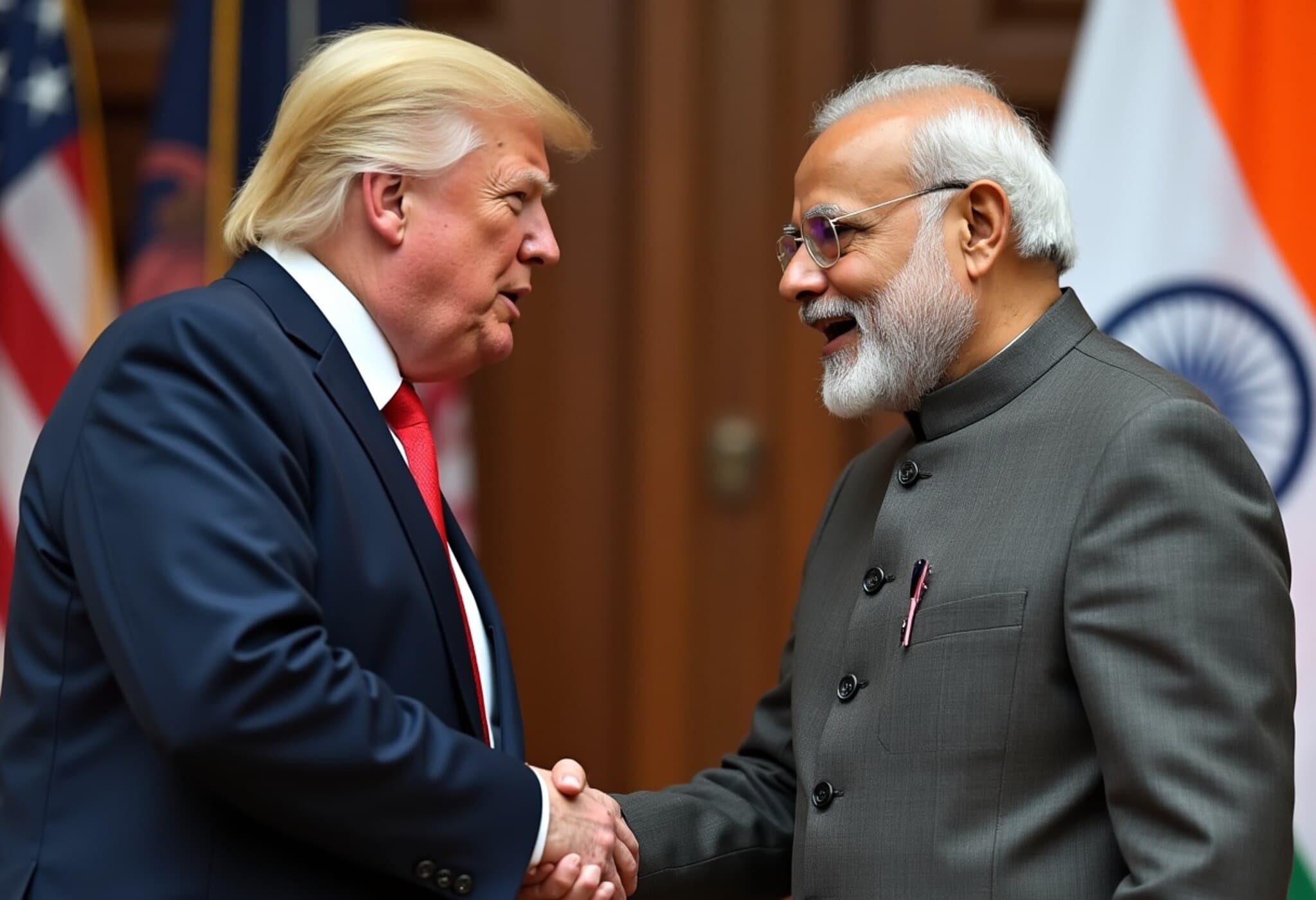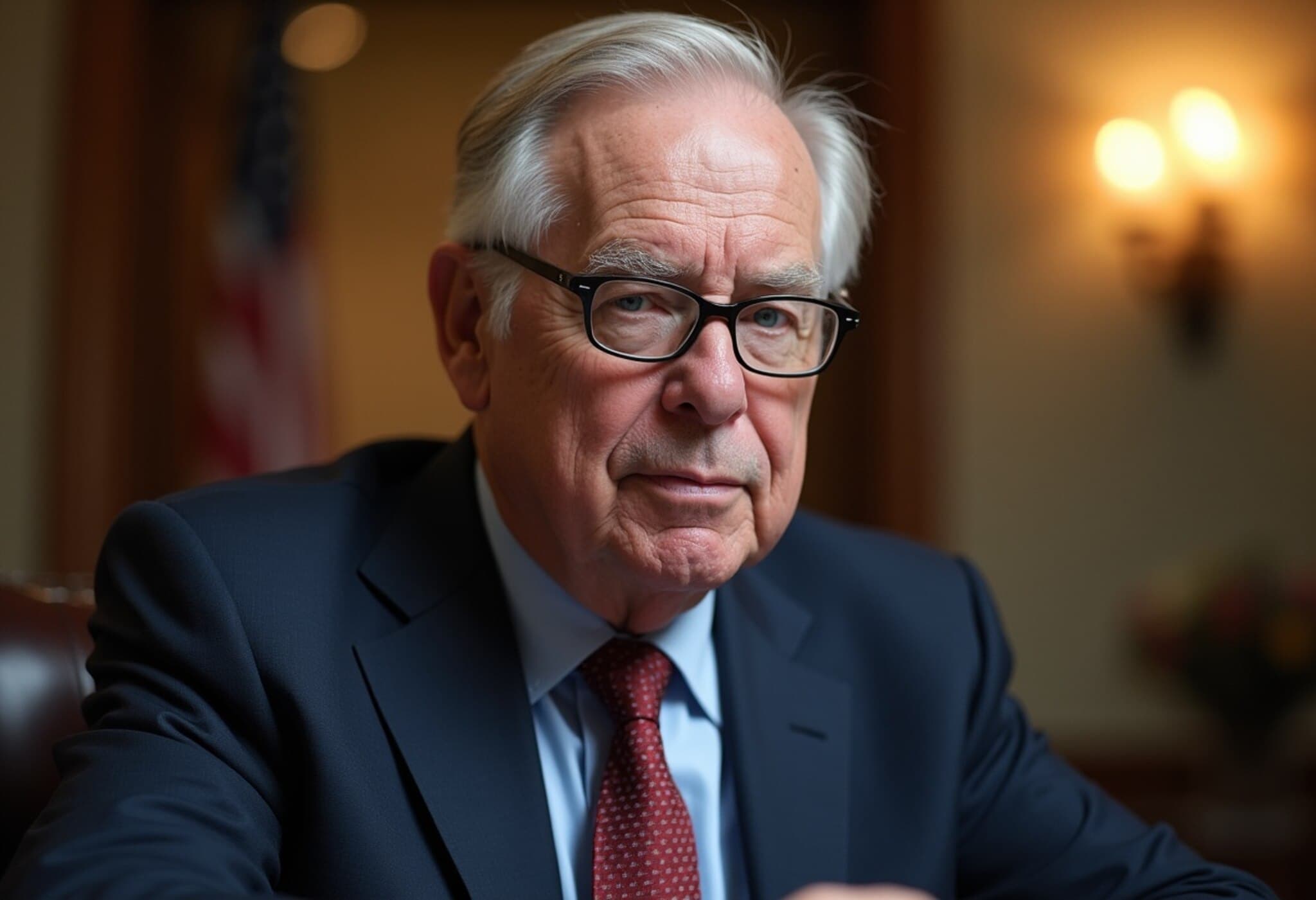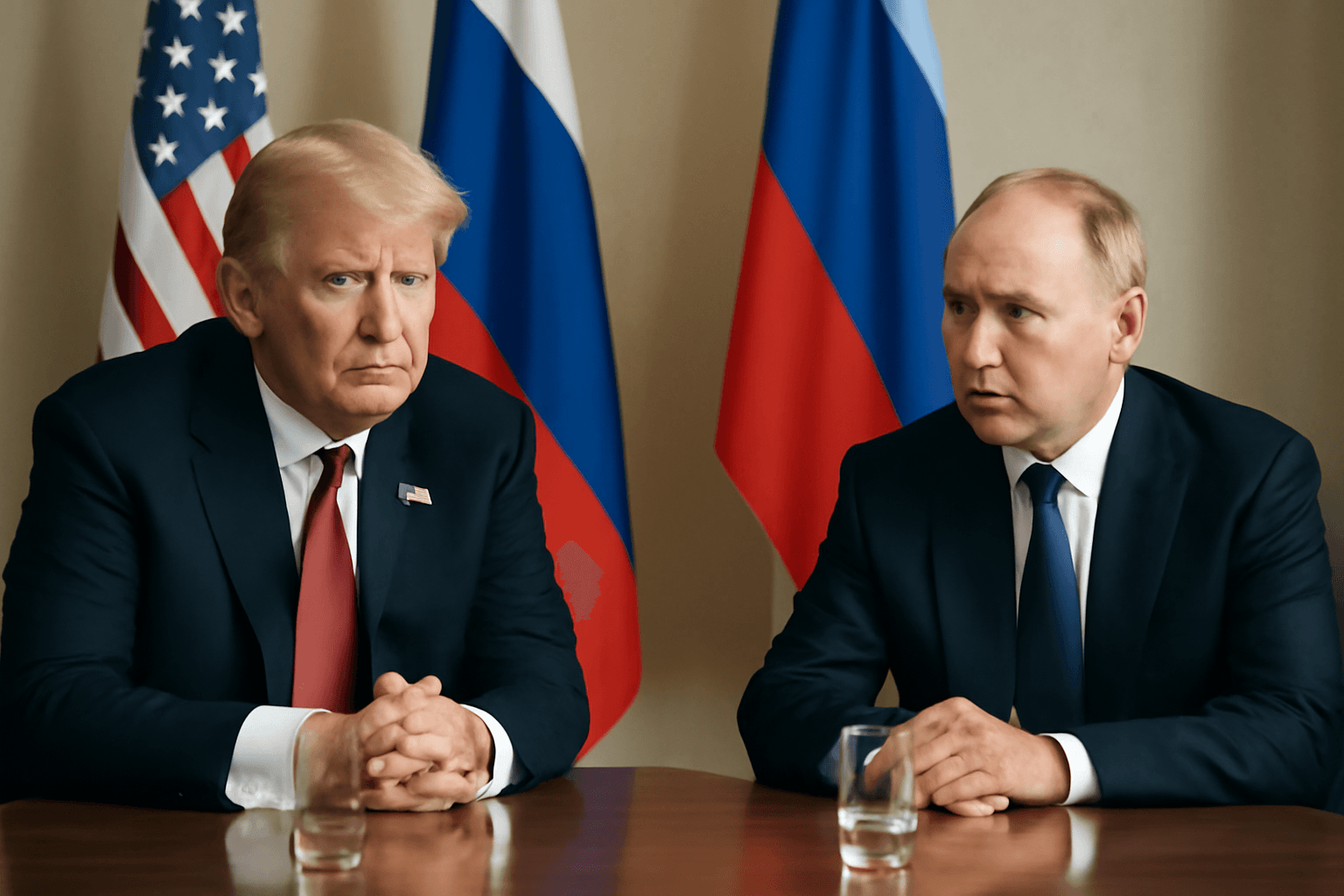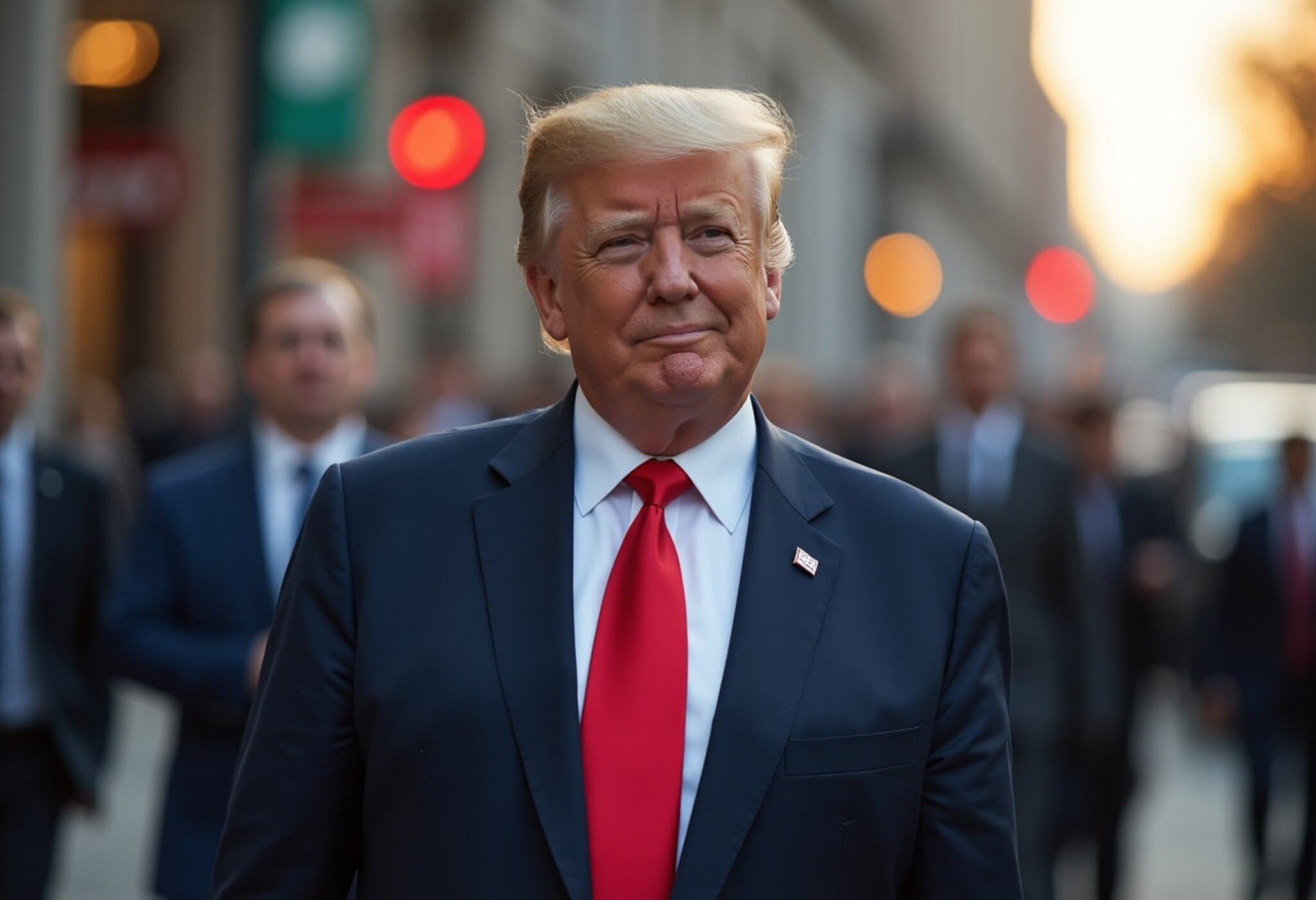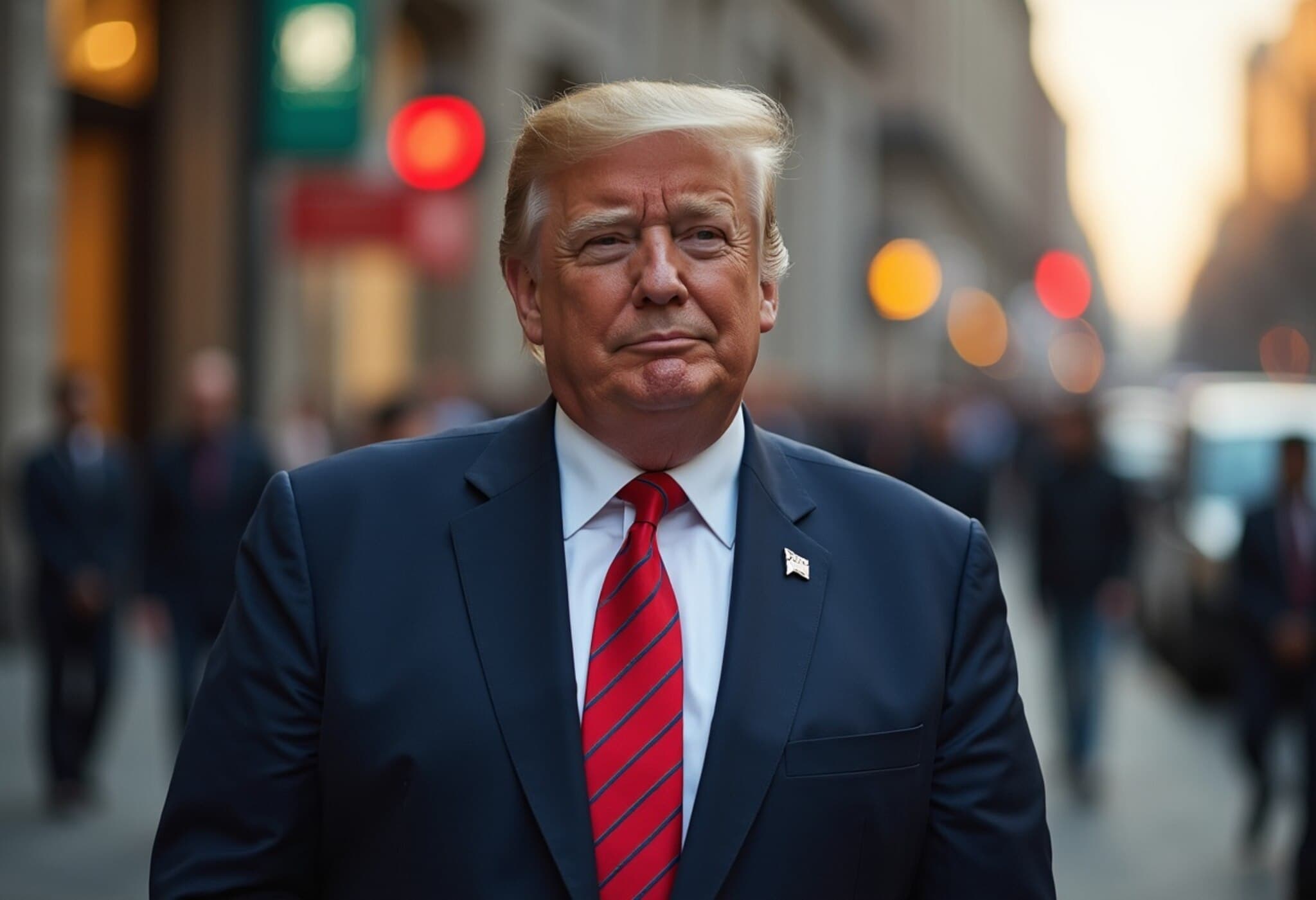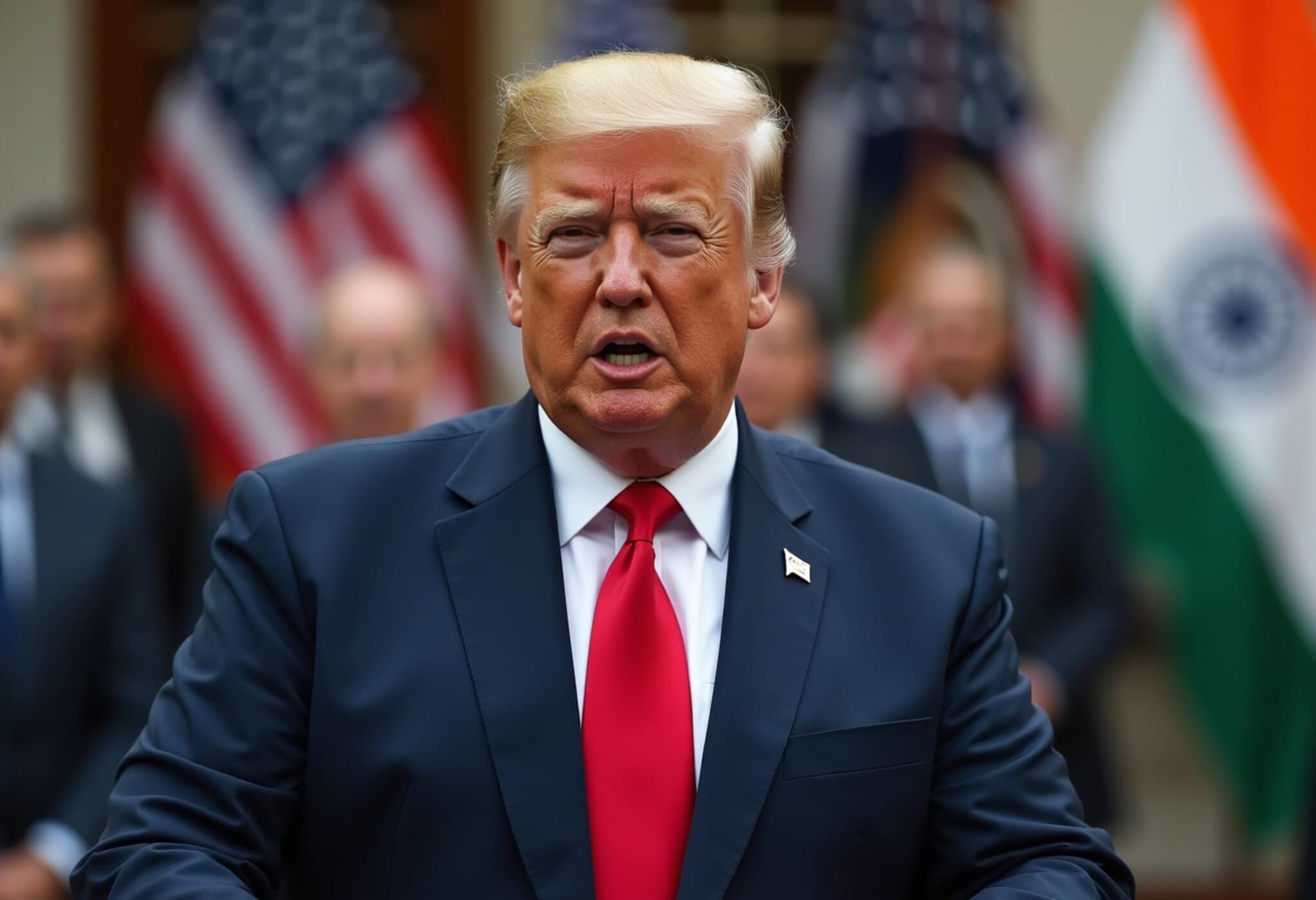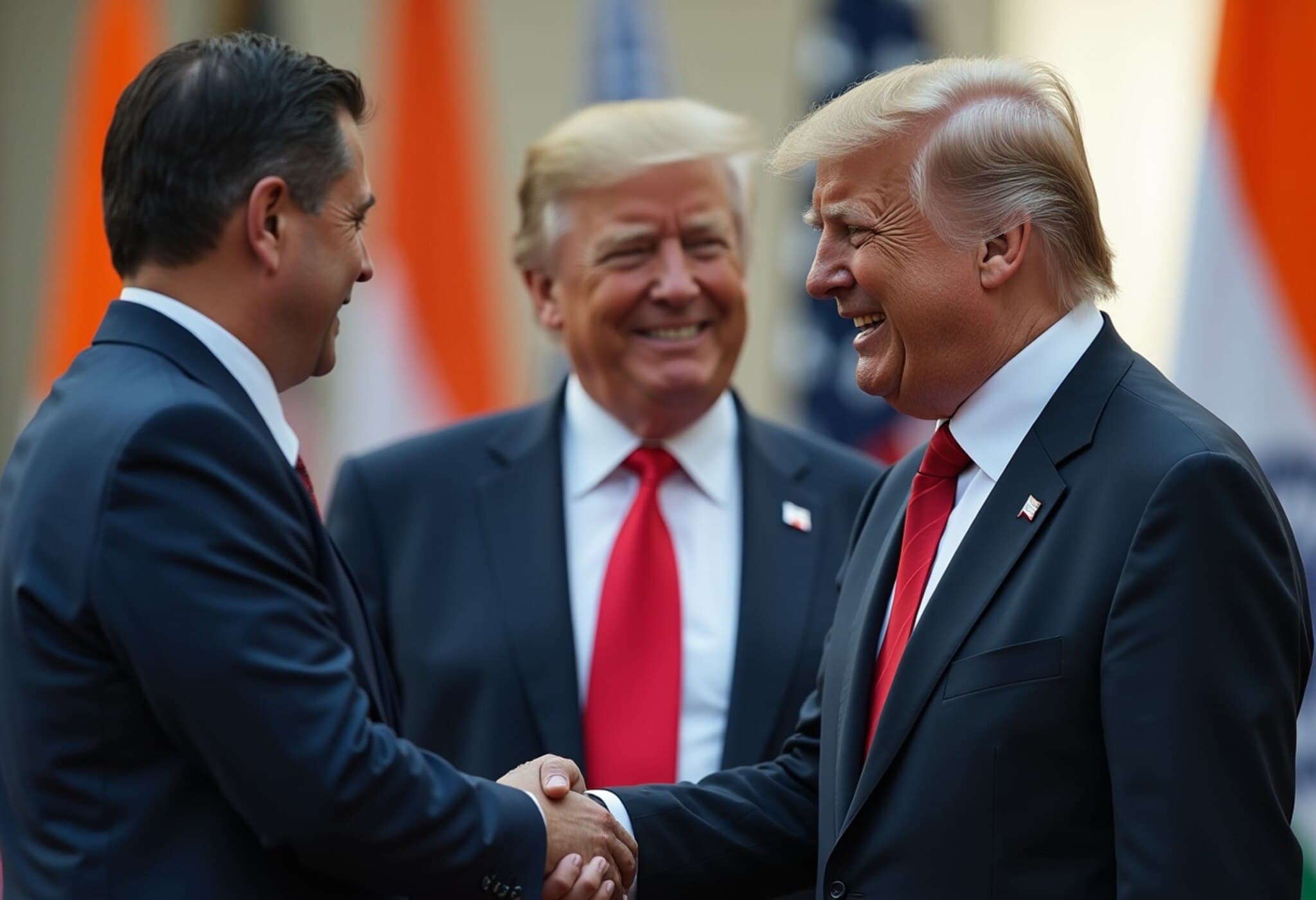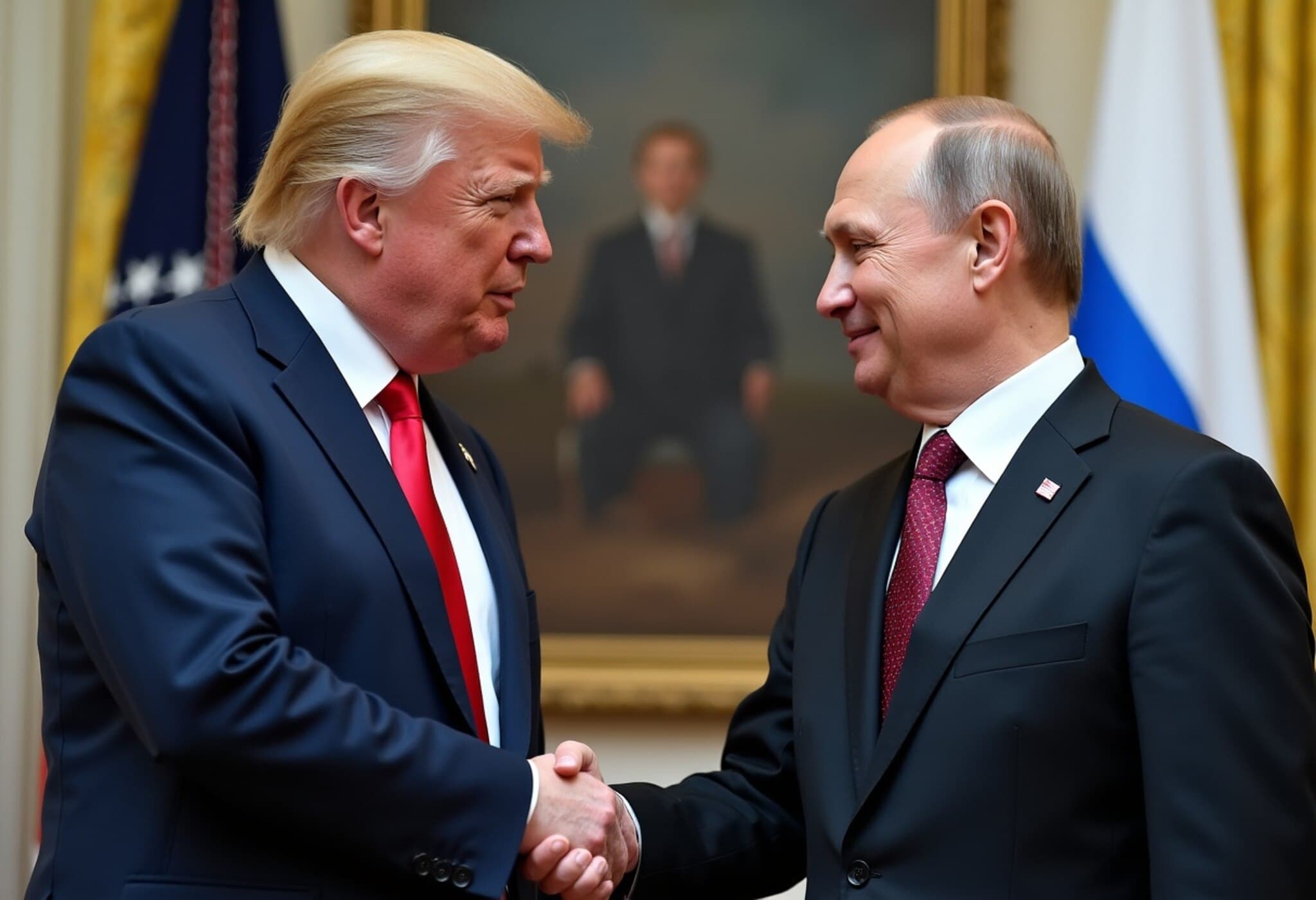Peter Navarro's Controversial Allegations Spark Trade and Diplomatic Debate
Peter Navarro, well-known as former President Donald Trump's trade advisor, has recently reignited controversy with claims that India uses US dollars to purchase Russian oil, indirectly financing the conflict in Ukraine. This assertion, which comes amid ongoing tensions over tariffs and trade policies, has drawn sharp criticism from analysts and journalists alike, highlighting inconsistencies in Navarro’s rhetoric and underlying geopolitical nuances.
Navarro’s Accusations and the U.S.-India Trade Context
Navarro has long been associated with aggressive tariff measures, especially those targeting India during Trump’s presidency. Defending these tariffs on August 8, 2025, Navarro insisted that India’s purchase of Russian oil with US dollars effectively funds Russia’s military actions in Ukraine. He argued that American taxpayers are unintentionally subsidizing weapons for the conflict through this mechanism.
“American taxpayers are being asked to pay for weapons to defend Ukraine from Russian weapons bought with US dollars from India,” Navarro remarked to reporters, stressing the link between economic policy and national security.
However, Navarro’s narrative was quickly challenged, especially given that China purchases more Russian oil using US dollars but has faced different treatment from the U.S. government.
Double Standards and the China Factor
When asked why China is not being criticized with similar fervor despite its larger Russian oil imports, Navarro conceded that imposing higher tariffs on Beijing could backfire economically on the U.S. He highlighted that existing tariffs on China exceed 50%, suggesting a delicate balancing act in Washington’s trade strategy.
This acknowledgment exposes a complex reality: trade forms a tangled web of diplomacy, economics, and national security concerns. Navarro’s selective targeting signals political calculations rather than purely principled stances on fair trade.
Backstory: Navarro’s Controversial Reputation
It is critical to note that Peter Navarro carries a controversial past, including a conviction for falsifying academic credentials and fabricating quotes attributed to a fictitious expert “Ron Vara” when writing his book. Within Washington circles, Navarro is known as Trump’s 'trade whisperer,' known more for echoing the former president’s hardline tariff policies than for impartial economic analysis.
India’s Response and Broader Trade Implications
India’s trade analysts have disputed Navarro’s claims, emphasizing that India earns US dollars through legitimate exports and reinvests in various imports — including American goods and defense equipment. One expert pointed out, “India buys Russian oil using a basket of currencies, including the Indian rupee, not solely US dollars.”
Moreover, India notes its commitment to reducing tariffs on American exports, countering accusations of unfair trade practices. While India ranks fourth in trade relations with Russia, the U.S. remains India’s largest trading partner, reflecting a multifaceted economic relationship.
Expert Insight: What This Means for U.S.-India Relations
The Navarro episode underscores the fragile balancing act in U.S.-India-Ukrainian-Russian relations. Tariffs and trade policies are not just economic tools but carry strategic weight in foreign policy.
- Economic Interdependence: The U.S. and India have growing trade ties that demand nuanced diplomacy beyond tariff skirmishes.
- Geopolitical Chessboard: Energy purchases and currency usage can become symbolic battlegrounds in larger geopolitical conflicts.
- Public Perception & Media Narratives: Simplistic attribution of 'funding war through oil purchases' risks overlooking complex trade realities and can fuel misinformation.
As the U.S. recalibrates its trade approach with both India and China, voices like Navarro’s remind us how partisan and personal agendas can shape public discourse, sometimes detrimentally.
Editor’s Note
Peter Navarro’s accusations against India highlight a broader challenge in international trade rhetoric: the tension between economic facts and political narratives. While national security concerns are legitimate, oversimplified claims risk eroding trust and obscuring the intricacies of global commerce. Readers should consider how trade policies intertwine with diplomacy and the importance of scrutinizing statements from influential figures — especially those with checkered pasts. What lies ahead for U.S.-India relations will require a steady hand, clear-eyed analysis, and above all, honest dialogue.

